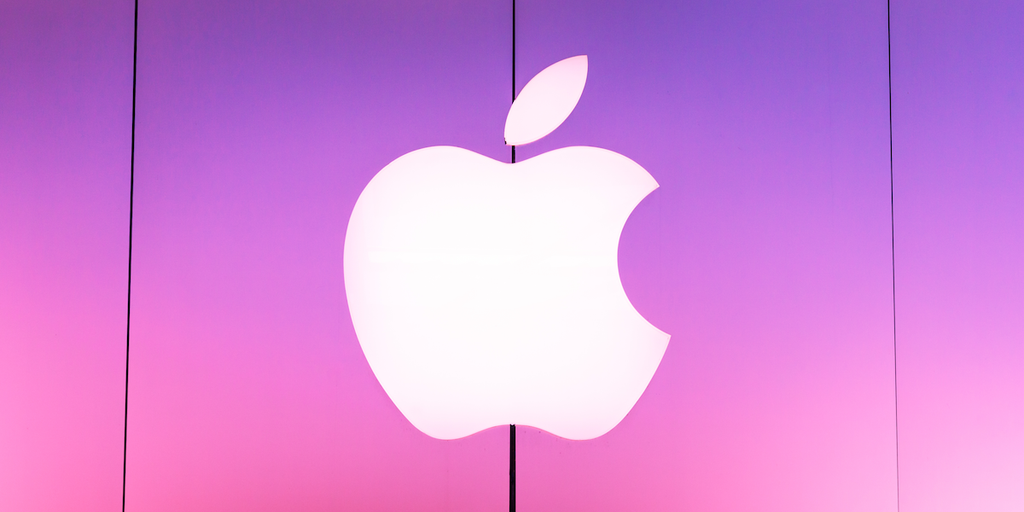After nearly a decade of development—which Apple has never openly acknowledged—the secretive Cupertino-based tech giant has given up plans to design and build an autonomous vehicle and is moving substantial resources over to its fast-growing investment in artificial intelligence.
The news comes via the unmatched Apple reporting of Mark Gurman, now with Bloomberg, who cites unnammed sources inside Apple that said that the nearly 2,000 people working on the car project—Project Titan, housed under Apple’s Special Projects Group—were informed of the shutdown by Chief Operating Officer Jeff Williams and Kevin Lynch.
“Many employees on the team,” Gurman reported, will move to Apple’s artificial intelligence division, led by John Giannandrea. Giannadrea came to Apple from Google in 2018 and is the company’s senior vice president of Machine Learning and AI Strategy, reporting to CEO Tim Cook.
Less clear are the prospects of the hardware engineers and car designers who joined Project Titan, which dates back to 2014.
Today’s announcement comes about a month after Gurman reported that Apple had reached “a make-or-break point” for its automotive ambitions, scaling back the degree of autonomy its cars would launch with and pushing back the launch date from 2026 to 2028.
Just two weeks ago, The Washington Post reported that Apple’s real-world road testing of its autonomous car technology had tripled in just the past year, with 67 vehicles in its fleet traversing 450,000 miles across California.
The quick strategic shift further demonstrates that AI and generative models are rising priorities for Cook. The company was revealed to be working on a ChatGPT competitor dubbed AppleGPT last summer. Cook talked with musician Dua Lipa about AI in November, saying the technology needed “guardrails” to ensure consumer safety. And earlier this month, Apple put some of its AI development work into the public sphere, working with the University of Santa Barbara to develop an open-source image editing AI model.
Apple even reportedly banned the use of its competitor’s chatbot in an effort to protect its secrets.
Cook said that AI is present in all Apple products, even though it doesn’t use the term in its marketing.
“If you’re composing a message or an email on the phone, you’ll see predictive typing, which tries to predict your next word so I can quickly choose the word,” Cook said. “That’s AI.”
In the red-hot AI space, Apple faces what may be an unusually steep uphill battle against competitors like Google, Amazon and, Microsoft, all of which are heavily and openly investing in AI. Those companies, Gurman noted, also still have automotive projects on their books.
Craig Federighi, the company’s software chief, reportedly told engineering teams to have new AI-powered features ready to launch across Apple’s product line-up over the next year. That includes incorporating more advanced AI capabilities into Siri and services like Apple Music. Apple also has an ambitious overhaul of its Spotlight search feature in development, Bloomberg notes, leveraging large language models to answer more complex queries.
Apple’s next opportunity to show off its revitalized—or at least more public—AI strategy will be at its annual developer conference in June. That’s when it could unveil upcoming additions to software platforms like iOS 16 for iPhones and iPads that further bake AI into the user experience.
The most tangible AI push from Apple is a new AI coding assistant for the company’s Xcode software suite. Already in late-stage testing, Gurman reported last week, the tool would function much like GitHub’s Copilot to auto-complete code blocks for developers and streamline app creation.
Stay on top of crypto news, get daily updates in your inbox.
Credit: Source link




